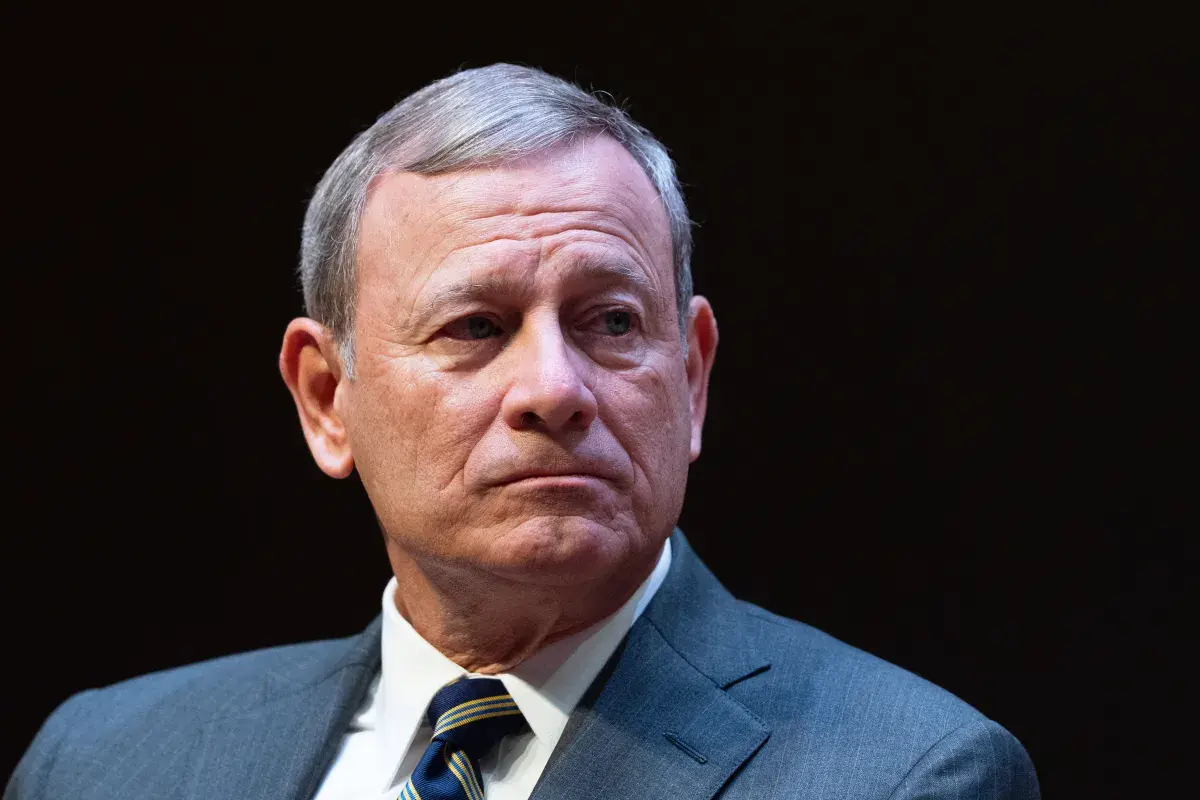
Supreme Court Chief Justice John Roberts warned of “potential disaster” in determining that the number of votes received should impact a candidate’s ability to pursue legal action related to mail-in ballots.
The High Court heard arguments on Wednesday in a challenge to an Illinois law that allows the counting of late-arriving mail-in ballots. The lawsuit was filed by U.S. Representative Michael Bost, a Republican from Illinois.
Lower courts threw out the case, ruling that the late votes likely had little effect on the results in his district.
“What you’re sketching out for us is a potential disaster,” Roberts told an attorney representing the Illinois State Board of Elections, CNN reported. “You’re saying if the candidate is going to win by 64 percent, no standing. But if the candidate hopes to win by a dozen votes … then he has standing.”
Why It Matters
Illinois was among 18 states that accepted mail-in ballots received after Election Day 2024, as long as they were postmarked on or before that date, according to the National Conference of State Legislatures.
President Donald Trump signed an executive order in March that aims to require votes to be “cast and received” by Election Day, but the action has been challenged in court.
What To Know
Bost filed the lawsuit in 2022, arguing that state law violates a federal statute setting a uniform day for federal elections. The Republican also says that all candidates should have default standing to challenge election rules, without having to prove that they could shift the result of their own race. Illinois officials counter that a candidate must show that the law would cause them to lose their race. The state’s solicitor general said that reviving the case could lead to more lawsuits and “cause chaos” for election officials.
Multiple justices expressed concerns that basing a candidate’s right to sue on electoral prospects could force judges to assume a political role. Roberts said it would push courts to make political decisions during “the most fraught time for the court to get involved in electoral politics.”
Justice Brett Kavanaugh raised concerns that requiring candidates to wait until after an election to have standing could mean that judges are asked to invalidate votes that have already been cast. “If we’re not thinking ahead to that, we’re going to walk into something,” he said.
Justice Elena Kagan characterized the legal claim as a “suit in search of a problem,” arguing that a large number of lawsuits are filed by voters, political parties and others around every election cycle.
What People Are Saying
Kagan, during arguments in Bost v. Illinois State Board of Elections: “You’re asking to create a whole new set of rules when everything has been proceeding just fine.”
Paul Clement, attorney for Bost, during arguments: “A longer campaign is a more expensive campaign, and that classic pocketbook injury is sufficient to give Congressman Bost standing. There is no need to make the standing inquiry here any more complicated than that.”
What Happens Next
The High Court is expected to issue its ruling by June.
This article includes reporting by the Associated Press.